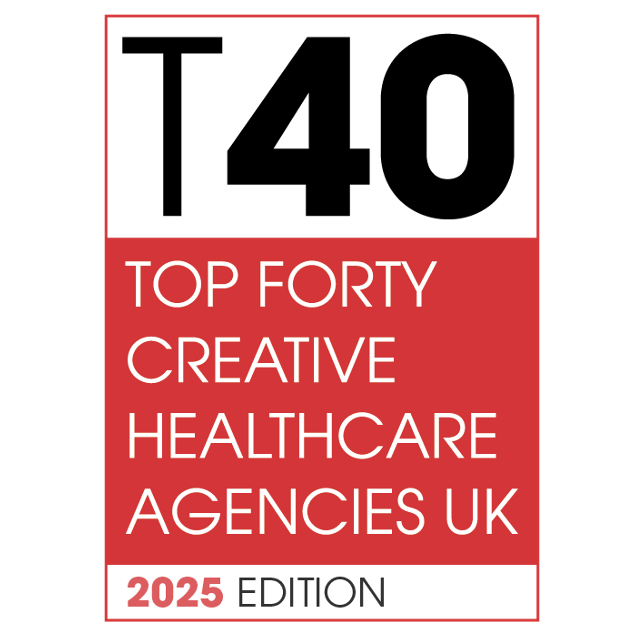EXCLUSIVE INSIGHT INTO THE PM T40 RANKING!
December 23, 2025
As always at Verve, the latest in healthcare piques our curiosity. Today, our Senior Account Executive, Michael, shares timely reflections on a potential breakthrough in Type 1 diabetes treatment, what it could mean for patients, the NHS, and the future of early-stage care.
SCIENCE HUMANISED: BEHAVIOURAL SCIENCE WITH TREVOR GORE
October 23, 2025
As always at Verve, the latest in healthcare piques our curiosity. Today, our Senior Account Executive, Michael, shares timely reflections on a potential breakthrough in Type 1 diabetes treatment, what it could mean for patients, the NHS, and the future of early-stage care.





